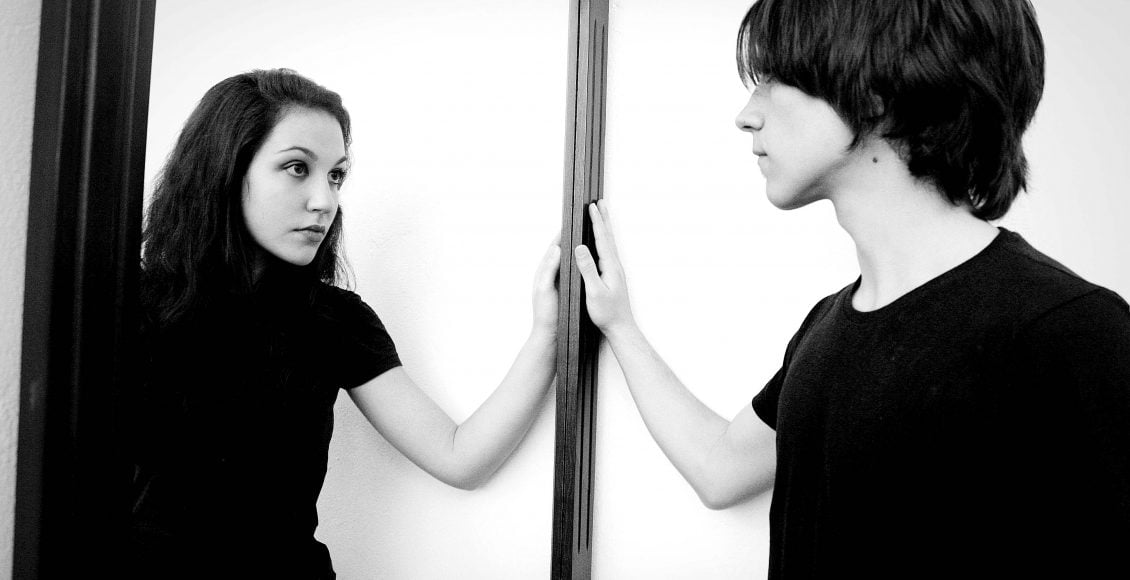Would it make a difference to peace efforts to have more women involved in the governance of our world, at every level?
The world has seen female heads of government in the past and we have a few at present. It hasn’t seemed to make a huge difference in global politics, but perhaps the number of women in international politicsis too small to see trends emerging in that sea of masculinity. In 2015 there were 9 heads of government in the world and in the beginning of 2016 that had dropped to six.
So how do we escape from the gravity of the systems we’ve inherited and build more balanced systems of governance that reflect the peaceful future we actually want?
The historical trend has been rule by the mightier and more aggressive among us. This has been gradually changing to a more peaceful age of human rights and diplomatic solutions, a trend examined by such thinkers as Steven Pinkerand our own Mary-Wynne Ashford. Both have tracked our steady progress toward less violence and fewer wars, despite widespread impressions to the contrary.
It’s interesting to note that this long term change was foreseen spanning far into the future by such spiritual luminaries as Abdu’l-Bahá(1844 – 1921):
“The world in the past has been ruled by force, and man has dominated over woman by reason of his more forceful and aggressive qualities both of body and mind. But the balance is already shifting; force is losing its dominance, and mental alertness, intuition, and the spiritual qualities of love and service, in which woman is strong, are gaining ascendancy. Hence the new age will be an age less masculine and more permeated with the feminine ideals, or, to speak more exactly, will be an age in which the masculine and feminine elements of civilization will be more evenly balanced.”
Of course, linking women and peace will often elicit the response that women are no more inherently peaceful than men. It’s quite true that we shouldn’t pre-judge any individual on the basis of gender any more than race or ethnicity. But collectively, in all those cases, there is an argument for bringing numbers up to reflect the social mix. This involves overcoming expectations and patterns of thought so ingrained as to be invisible to us.
I remember being encouraged as a young woman in the 1970’s to “enter a man’s world” and “compete on an equal basis”. This terminology was unquestioned at the time, even among feminists. We’ve come a long way. The next step seems so obvious: to appreciate and respect gender differences equally. When women proudly own and men aspire to those qualities traditionally regarded as feminine, we will be on the path to a golden age.
“The emancipation of women, the achievement of full equality between the sexes, is one of the most important, though less acknowledged prerequisites of peace. The denial of such equality perpetrates an injustice against onehalf of the world’s population and promotes in men harmful attitudes and habits that are carried from the family to the workplace, to political life, and ultimately to international relations. There are no grounds, moral, practical, or biological, upon which such denial can be justified. Only as women are welcomed into full partnership in all fields of human endeavour will the moral and psychological climate be created in which international peace can emerge.” – The Universal House of Justice
It’s heartening to know that Bahá’í teachings such as these were once considered radical, no matter where you lived in the world. Since its inception in 1844 in Iran, equality of the sexes has been one of its foundational teachings. I’ve always found this long-term vision to be inspiring and a good antidote to any passing political malaise.
On International Women’s Day in 1993 – almost 25 years ago – the statement issued by the United Nations spoke a truth that continues to carry weight: “The struggle for women’s rights, and the task of creating a new United Nations, able to promote peace and the values which nurture and sustain it, are one and the same. Today – more than ever – the cause of women is the cause of all humanity.”[7]
In spite of constant (albeit uneven) progress, that watershed moment to collectively choose world peace, has eluded us. It will require enormous effort and broad-based philosophical change to consciously build systems of governance committed to mutual collaboration, non-violence and the nurturing of the human spirit. It makes intuitive sense that greater involvement of women would speed along this cultural evolution, and that sufficient numbers will be necessary to tip the balance. Sooner or later, we’ll get there.


